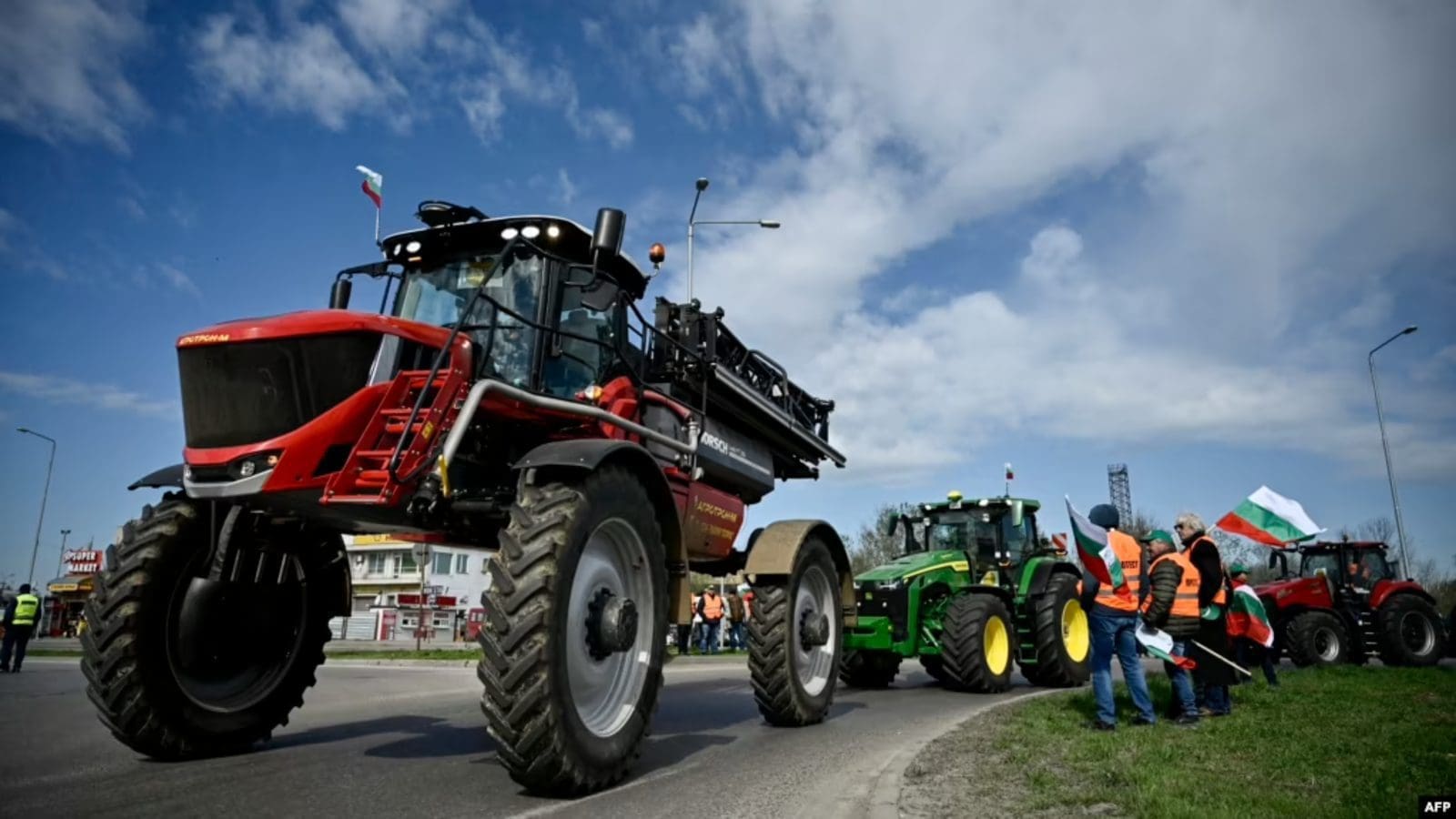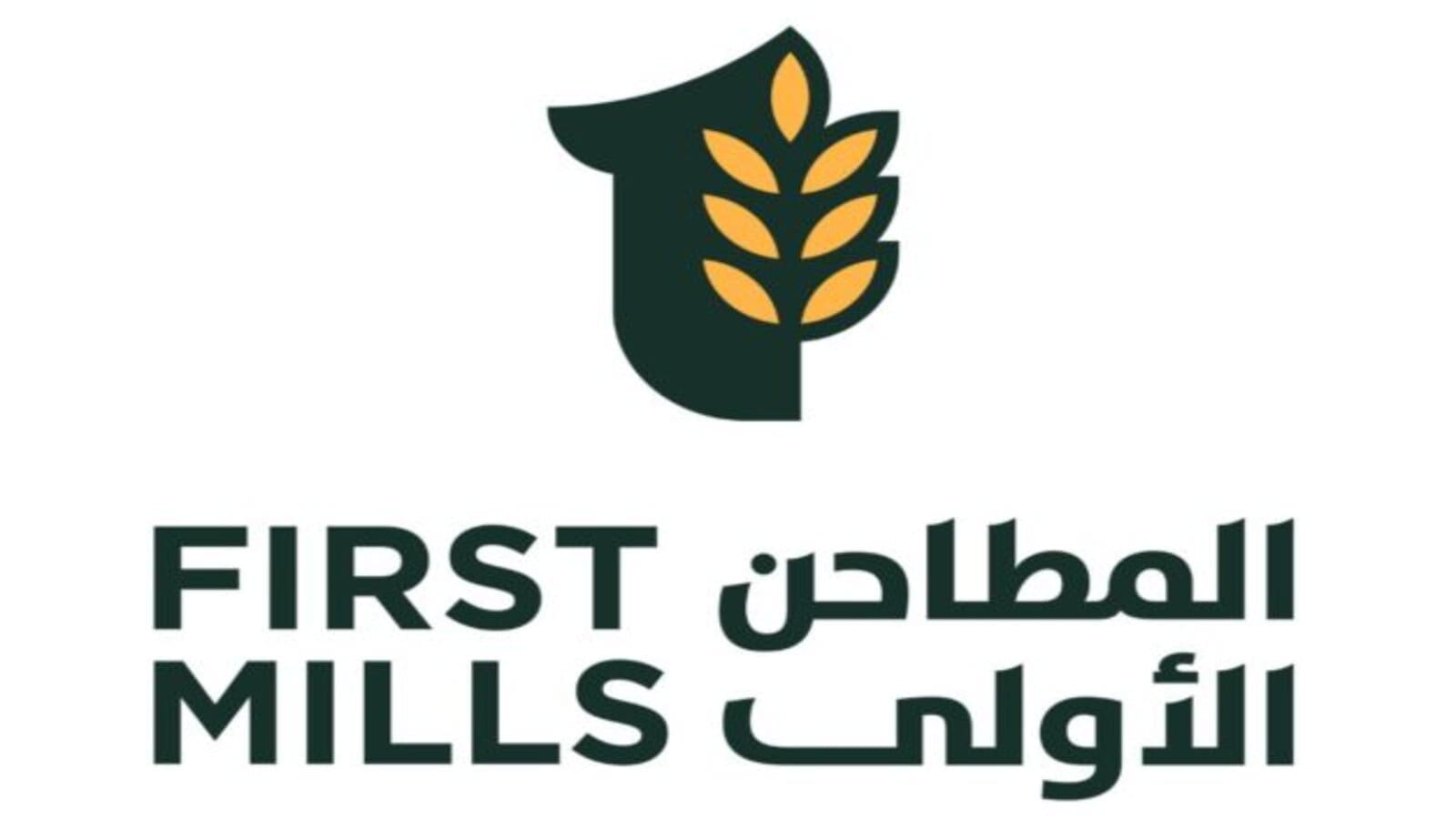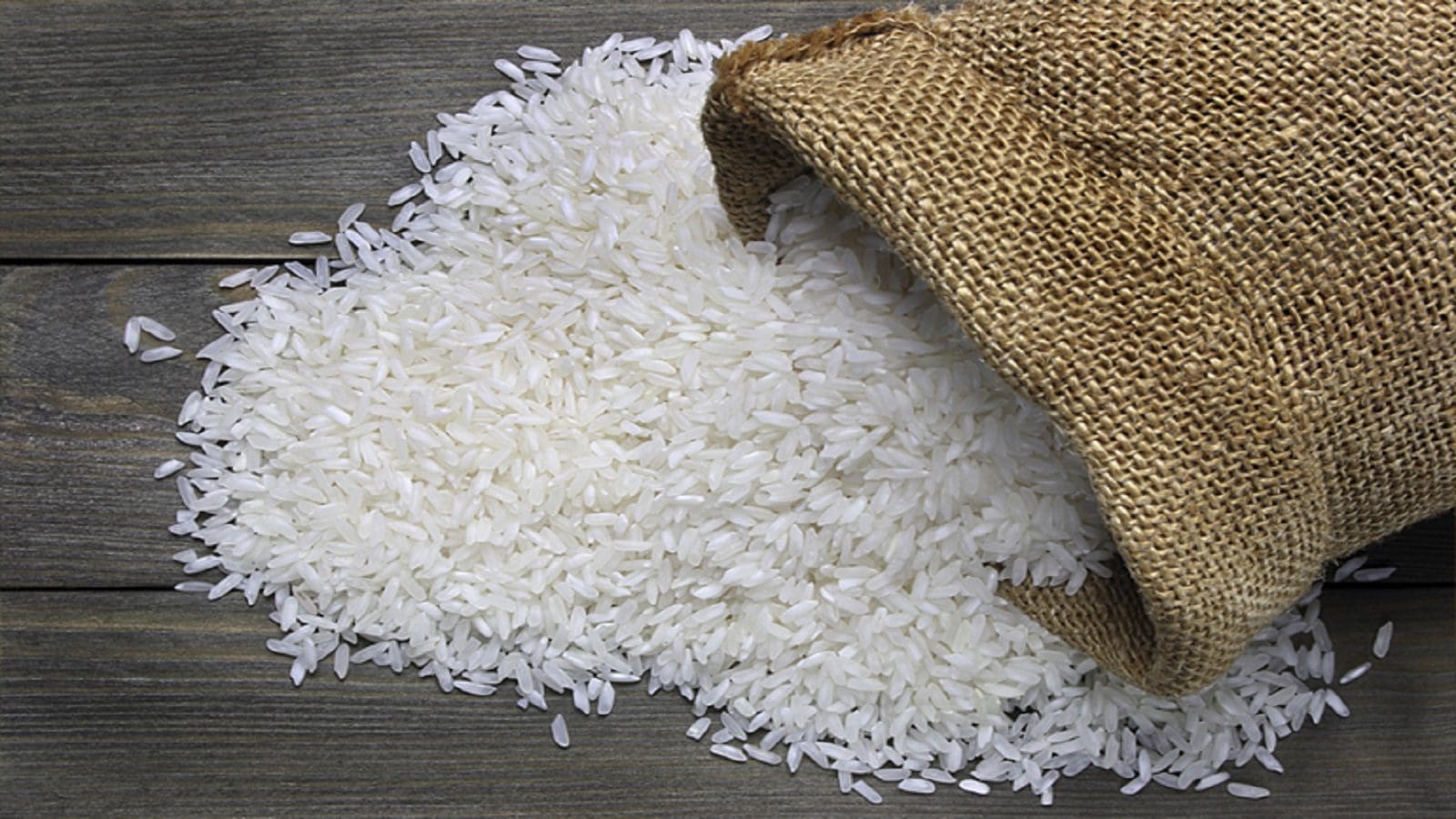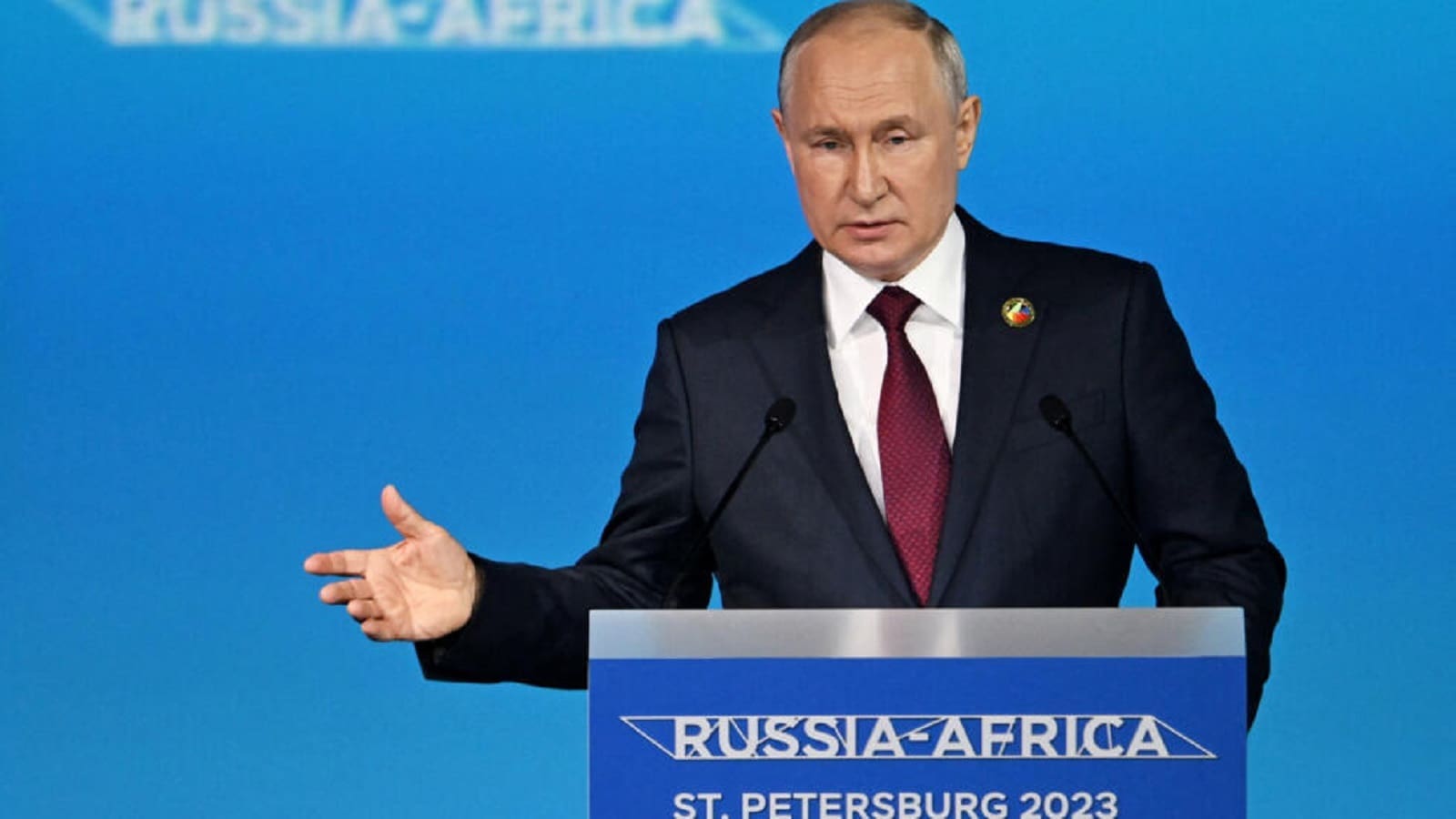POLAND – Poland is asking the European Union to do whatever it takes to restrict how much Ukrainian grain enters the EU market, as the country faces angry farmers protesting depressed grain prices caused by cheaper imports.
Noting the difficulties that local markets are facing in Poland, the Prime Minister Mateusz Morawiecki said that the EU would offer financial compensation of nearly €30 million (US$32.68 million) to alleviate some of the losses resulting from the cheap Russian grain.
However, farmers have said the proposed government aid is inadequate.
Prime Minister Morawiecki said he now wants the EU to use all the regulatory instruments, such as quotas and tariffs, to limit or block the import of Ukrainian grain into Poland.
After its Black Sea ports were blocked due to Russia’s invasion in February 2022, Ukraine found alternative shipping routes through Poland, Romania, and Bulgaria.
The European Union waived customs duties and import quotas to facilitate transport through the three countries. However, farmers in transit countries say the promised out-channels did not work as planned.
Large quantities of cheaper Ukrainian grains end up in central European states because of logistical bottlenecks hurting the prices and sales of the local farmers.
Polish Agriculture Minister, Henryk Kowalczyk, said the government would ask the European Commission to employ a protective clause regarding grain imports to Poland from Ukraine after meeting with farmers’ representatives on March 29.
Kowalczyk said that Poland encourages Slovakia, Romania, Hungary, and Bulgaria to do the same.
In Bulgaria, hundreds of farmers on 26th March began a three-day blockade of the main checkpoints on the border with Romania to protest tariff-free imports of Ukrainian grain.
They say about 40% of their crop from last year remains unsold amid huge supply, and there is no storage room just a few months ahead of the coming harvest.
They displayed banners reading: “Stop the genocide of agriculture” and “We want to be competitive farmers.”
“We stand in solidarity with Europe and its support for Ukraine, but the European Commission should look at each member state and make farmers competitive,” Daniela Dimitrova, regional leader of Bulgaria’s grain producers’ union, said.
For all the latest grains industry news from Africa, the Middle East and the World, subscribe to our weekly NEWSLETTERS, follow us on LinkedIn and subscribe to our YouTube channel.










